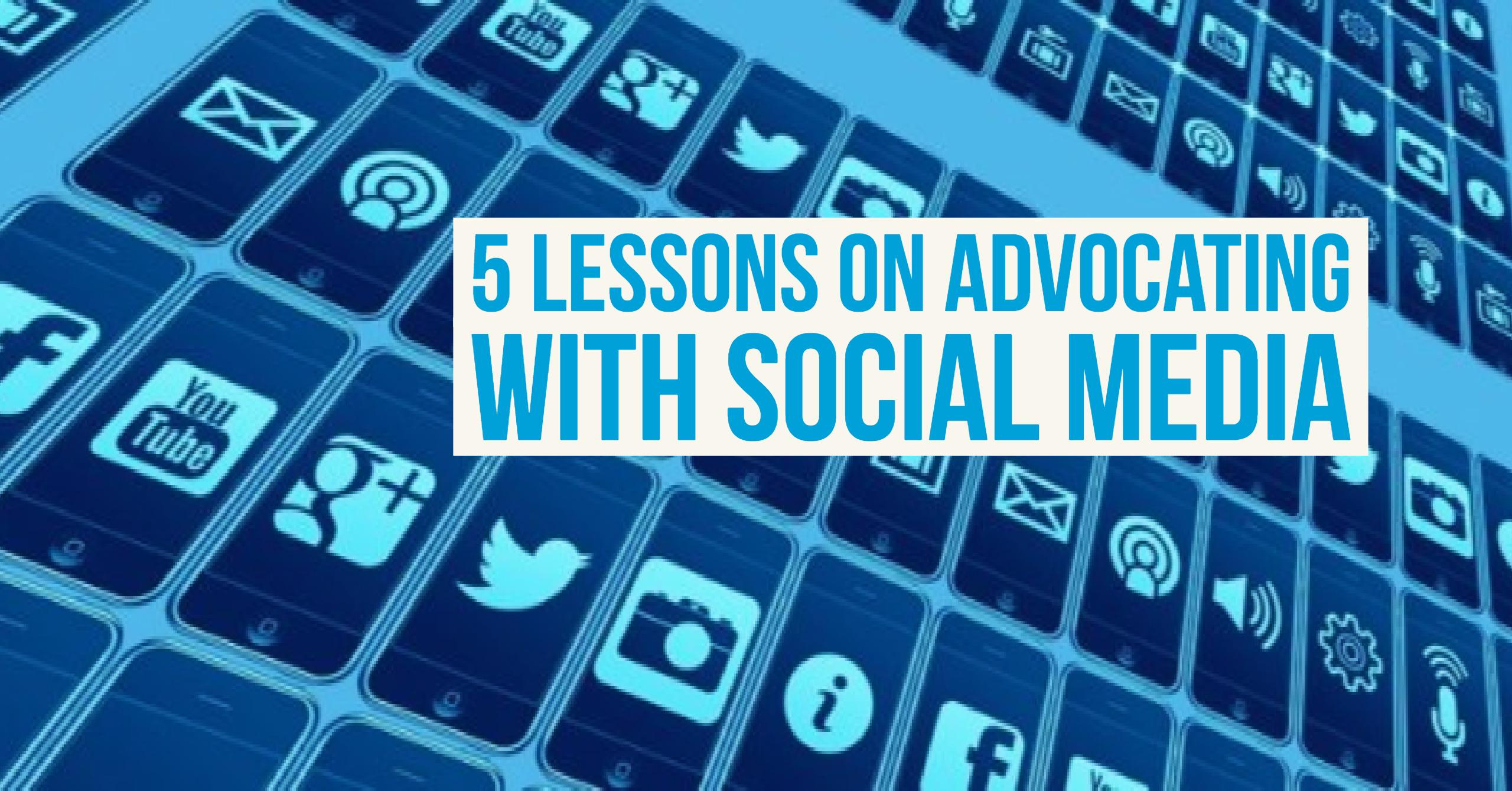
Imagine planning a message for two months and then forgetting to deliver it. Sound impossible?The following story really happened.
The real estate group had been planning their presentation to the Minister of Industry for about two months. They had prepared slides and organized who would speak first and who would address the series of itemized issues. The Minister was next to impossible to book and so this meeting was considered quite a coup within the organization. The presentation went like clockwork. The Minister and his staff had sat with rapt attention through the slides. The assistant had made occasional notes and the Minister had asked questions. It was, therefore, something of a shock to the group when the Minister at the close of the meeting turned to his assistant while the group was packing up and quietly said, “Why did they want to meet?”
It was no less surprising when the assistant shrugged her shoulders and said, “I don’t know; I assumed they wanted to address the pending legislation but they never mentioned it.”
Since the real estate group was under the impression that everything they said was related to the legislation, though they never actually made the link, they were somewhat dismayed.
Tips
- Assume nothing before a meeting. Always clearly state why you are meeting and what you would like from the meeting.
- Decide on a facilitator, someone who will lead the meeting and keep things on track.
- Be clear on what you specifically would like the person you are meeting with to do next.
- Make sure that you are always linking your information back to your objectives.
- Avoid jargon, it is difficult to follow and may disengage or confuse listeners.
- Ask if there are any questions before you conclude the meeting.
- Follow up in writing restating your request and the highlights of your message.
Although the story relates to a failed government relations venture the same lessons can be learned by anyone trying to communicate. Essentially don’t get so preoccupied with how your message is going to be delivered that you don’t spend enough time ensuring that your audience actually gets the message. Imagine taking out a full page ad in a paper your audience doesn’t read or posting an important family message on Facebook and assuming all your relatives will read it.










